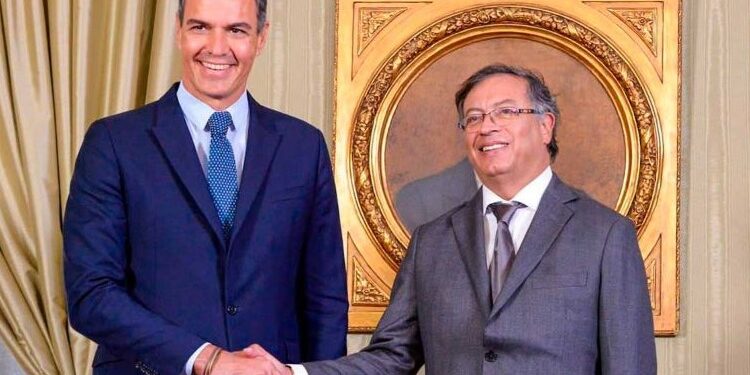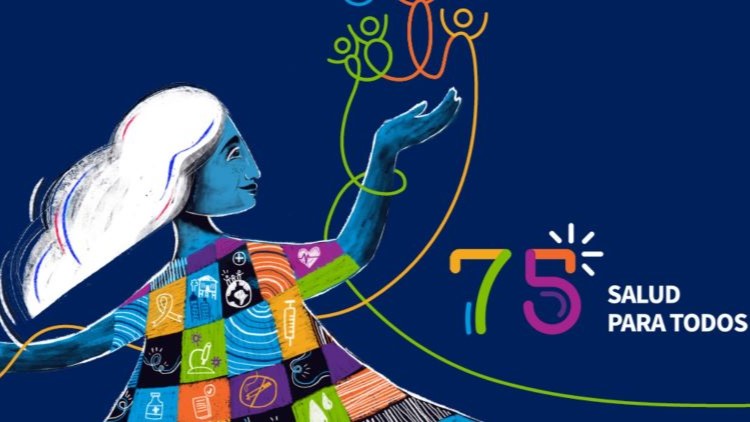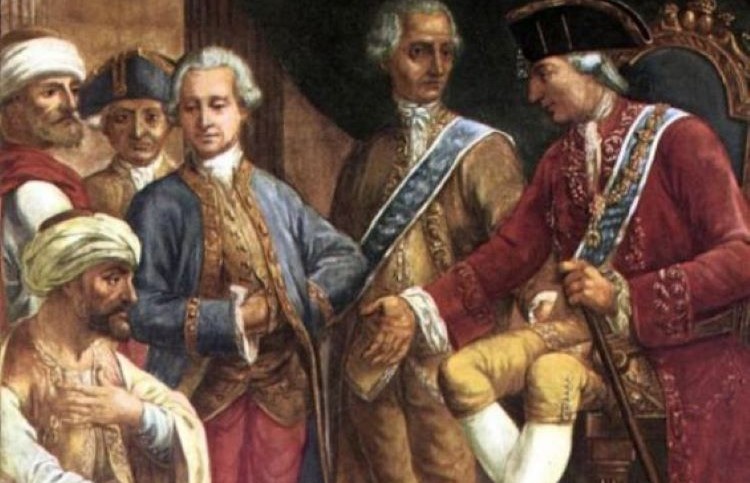The Diplomat
Several parliamentary groups, including Unidas Podemos and Socialist, the two partners in Pedro Sánchez’s coalition Executive, have called on the Government to maintain its “commitment to Colombia’s efforts to achieve total peace” and to support, “in line with the United Nations”, the process of resuming talks with the National Liberation Army (ELN).
The Proposition not of Law, which was presented in mid-March by the parliamentary groups Unidas Podemos, Socialista, Vasco (PNV) and Plural for debate and approval in the Foreign Affairs Committee, states that, “after more than six decades of war, violence and suffering of the Colombian people, of thousands of dead, disappeared and displaced people, the will of the Colombian people to achieve a definitive and lasting peace is undeniable”.
According to the proponents, “Colombia is currently experiencing times of change and a new Congress of the Republic that manifests its commitment to the fulfillment of the Peace Agreement” and that “promotes proposals and debates such as the Total Peace bill”. “This new social and political scenario has filled with hope not only the people of Colombia, but also the international community and different international actors that for decades have worked for the resolution of the conflict and peace”, they continue.
For all these reasons, the motion urges the Government to “maintain its commitment to Colombia’s efforts to achieve total peace, as announced by the new Colombian Government”, to “increase its pro-active position and employ all its diplomatic capacity before the Colombian Government to remove the obstacles to the Peace Process” and to support “the comprehensive implementation of all aspects of the Agreement for the Definitive Termination of the Conflict”, signed in Bogota in 2016 between the Colombian Government and the Revolutionary Armed Forces (FARC), “in order to make possible a just and sustainable peace in the country”.
Likewise, the motion asks the Government to continue supporting “unequivocally the peace process and, in particular, the Comprehensive System of Truth, Justice, Reparation and Guarantees of Non-Repetition formed by the Commission for the Clarification of the Truth (CEV)”, and to support, “in line with the United Nations, the process of resuming talks with the National Liberation Army on the basis of International Humanitarian Law, in order to reach a negotiated and definitive solution to the conflict“, as well as the Government’s call “to all armed structures outside the law for a process that culminates with their disappearance”.
The Colombian government’s talks with the ELN began in 2017 in Quito (Ecuador), during the government of Juan Manuel Santos, and in 2018 they were moved to Havana, where the main guerrilla leaders are still meeting. The then Colombian president, Iván Duque, demanded that the ELN release all the hostages it is holding and renounce that and all its criminal activities. The guerrillas’ response was negative and in 2019 they staged an attack against the Cadet School, which left 22 dead and 68 wounded. The Colombian government asked Cuba to hand over the negotiators who are in Havana, but the island invoked diplomatic protocols not to comply with this request.
During the electoral campaign, the ELN expressed its willingness to return to the negotiating table if Gustavo Petro were elected. After his inauguration, the new president held a conversation with the Cuban ambassador in Bogotá, Javier Caamaño Cairo, to request that Cuba host negotiations with the ELN. He also ordered the withdrawal of the search and arrest warrant for the negotiators of the guerrilla group in Havana.
In August 2022, the Spanish Government expressed to the newly formed Executive of Gustavo Petro its willingness to assist in the peace negotiations. In his response, Petro thanked Spain for its offer to host the negotiations, but specified that it was up to the ELN leadership to decide where the talks should take place. Finally, Colombian Foreign Minister Alvaro Leyva announced at the end of October that Spain will act as an accompanying country, not a host, during the peace negotiations.







